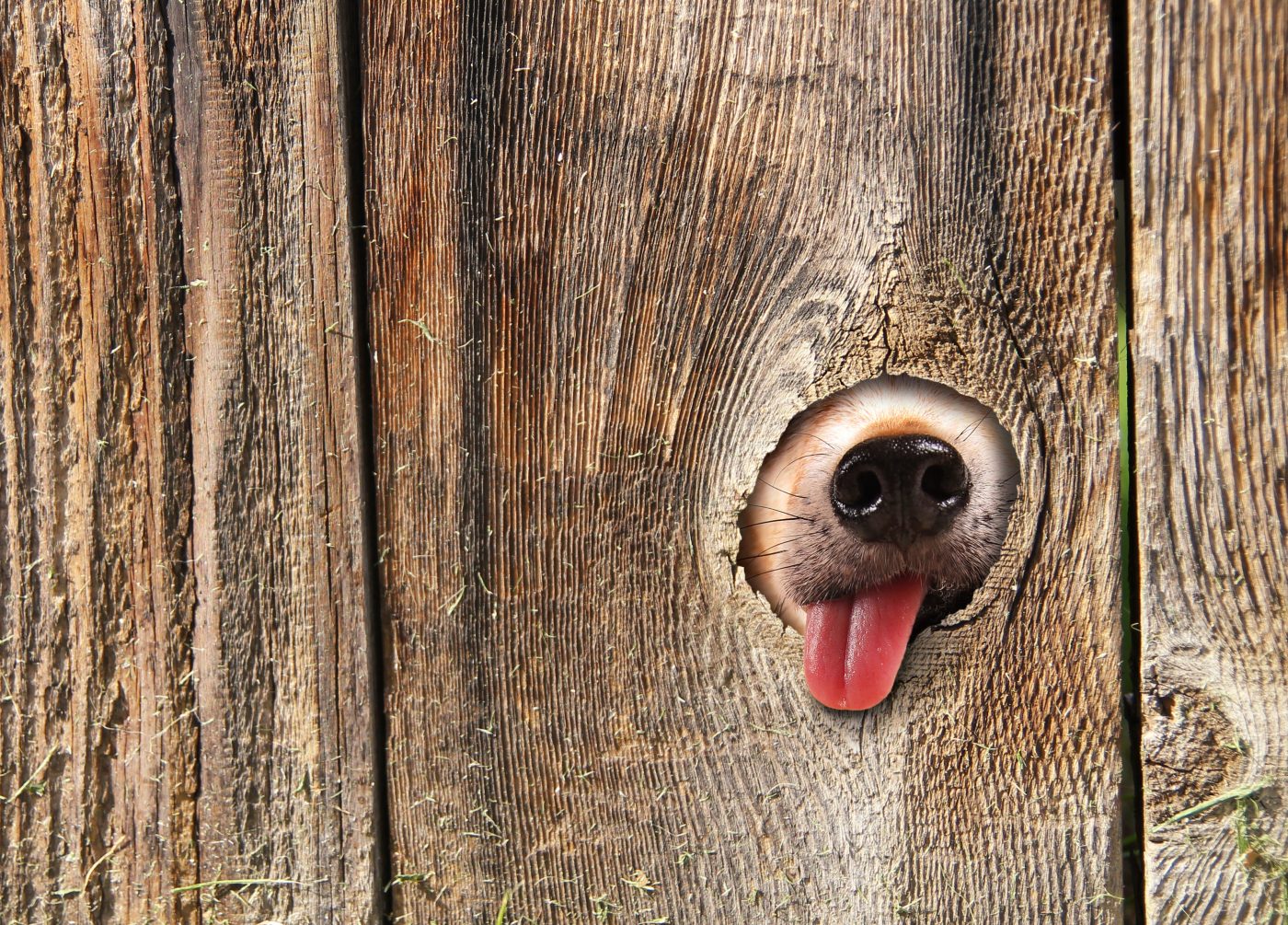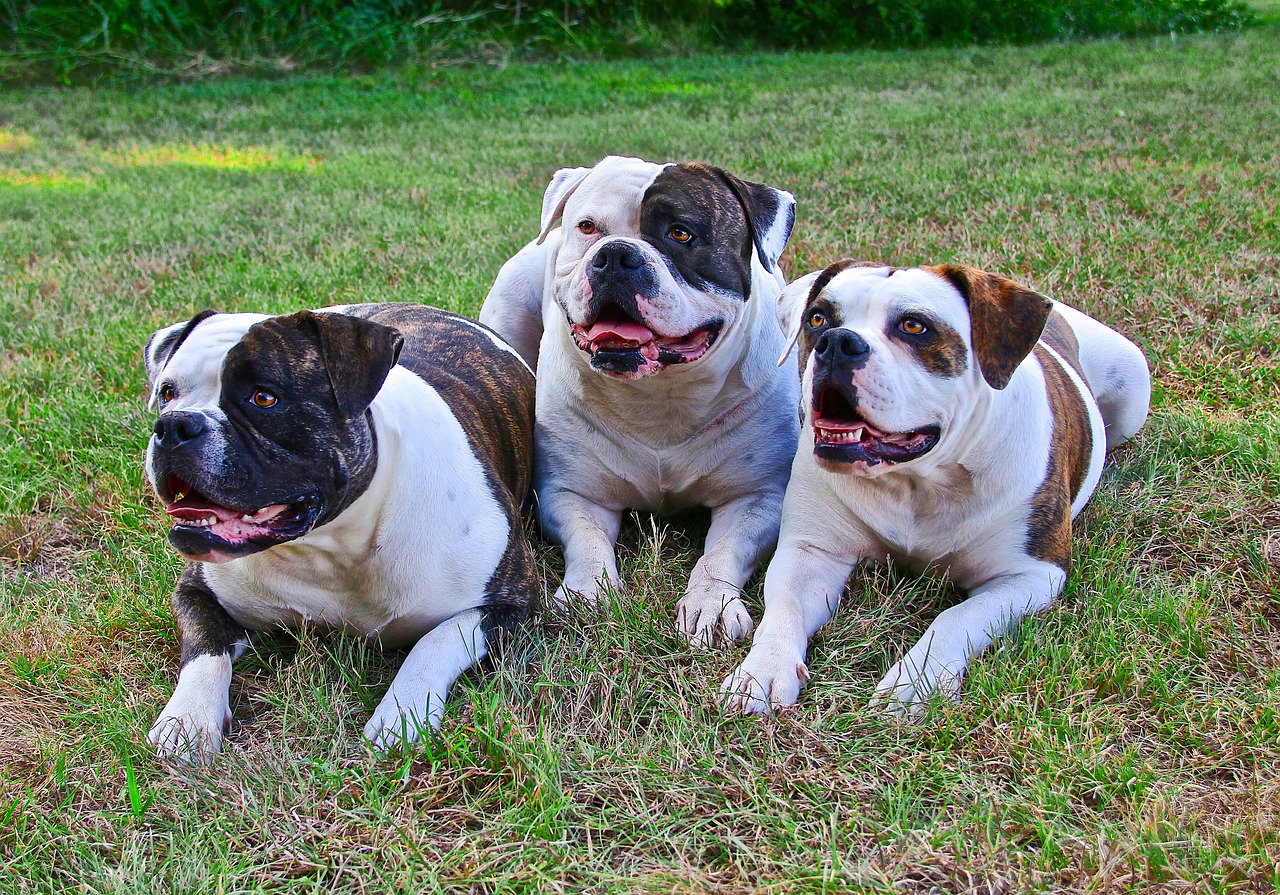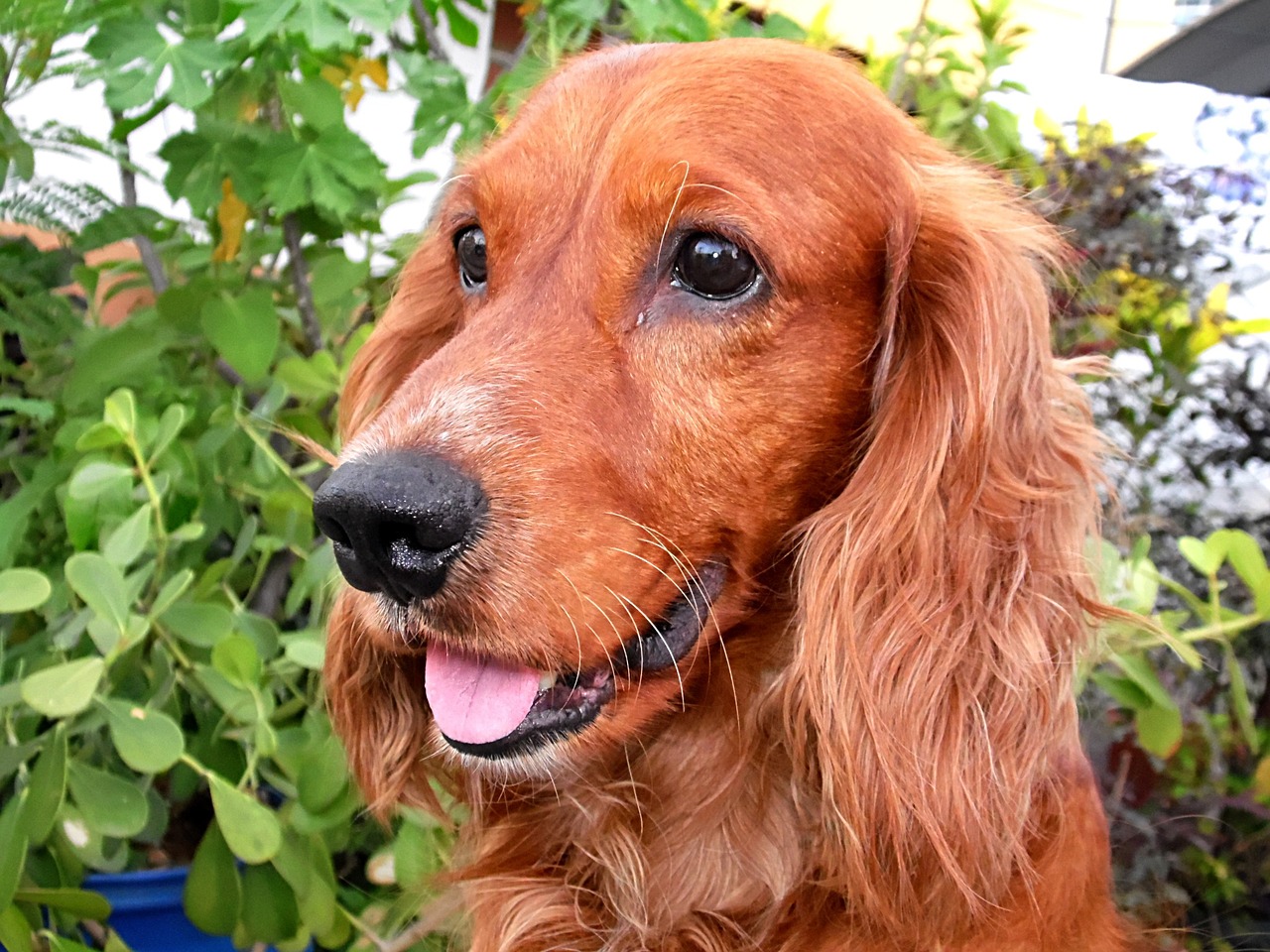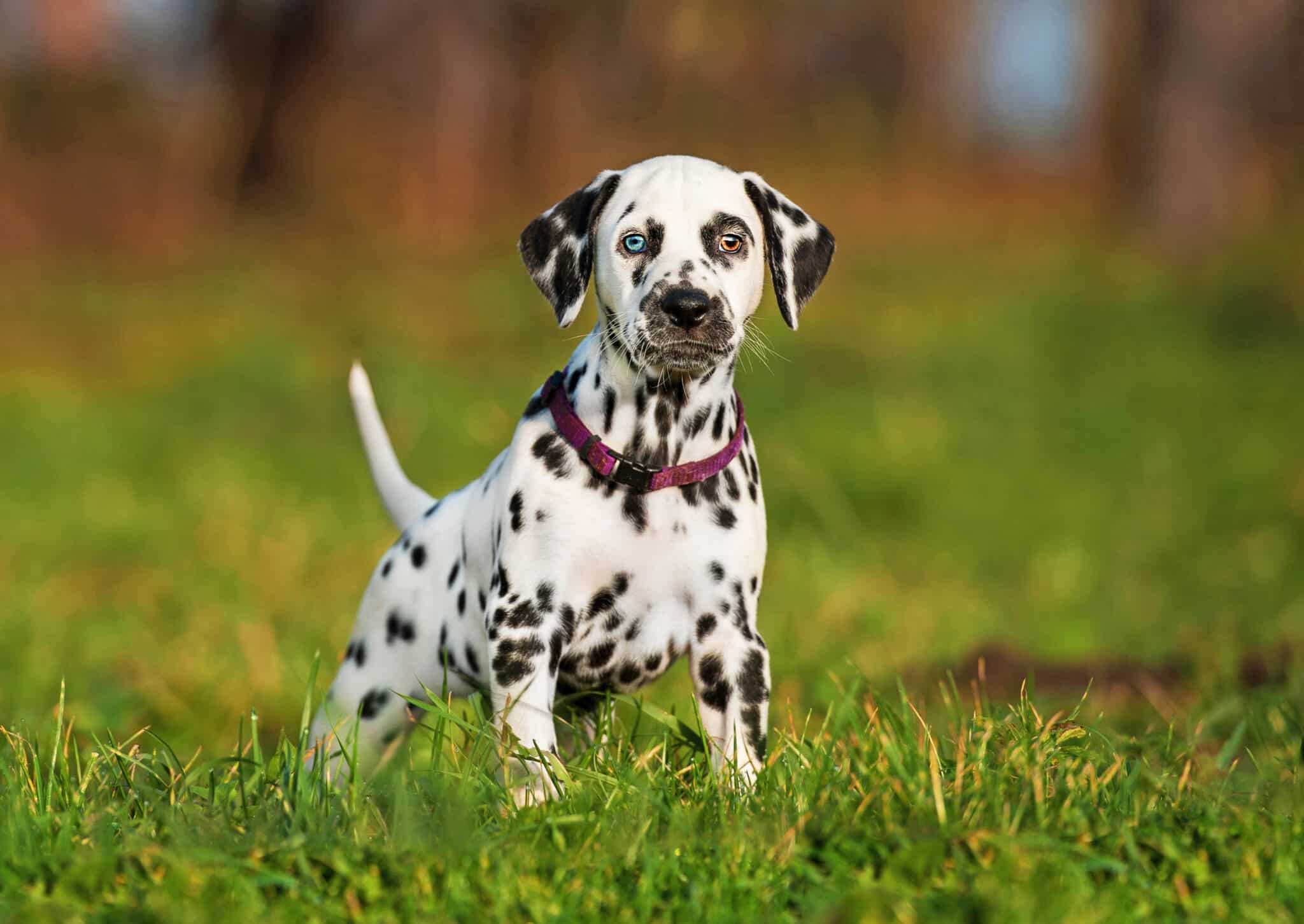 Shutterstock
Shutterstock
Dogs can suffer from allergies like humans, and some breeds are particularly prone to allergic reactions. Whether it’s food sensitivities, environmental allergens, or reactions to grooming products, these dogs require extra care to avoid flare-ups that can cause discomfort. For some breeds, dealing with allergies is a lifelong commitment that involves managing symptoms and minimizing exposure to triggers. We explore dog breeds that are known to be particularly sensitive to a wide range of allergens, ranking them based on their susceptibility to allergic reactions.
9. Boxer
 Shutterstock
Shutterstock
Boxers are known for their friendly, energetic personalities, but they are also one of the breeds most prone to allergies. Boxers often develop skin allergies triggered by environmental factors such as pollen, dust mites, and mold. They may also be sensitive to certain foods, leading to digestive issues or skin irritations. Their short coat can also make them more vulnerable to contact allergies from grooming products or household cleaners. Managing a Boxer’s allergies typically involves regular baths with hypoallergenic shampoos, dietary changes, and controlling exposure to environmental allergens.
8. American Bulldog
 Shutterstock
Shutterstock
American Bulldogs are another breed that frequently suffers from allergies, particularly skin and food-related allergies. Many American Bulldogs are allergic to common ingredients in commercial dog food, such as beef, chicken, or grains, leading to itchy skin, ear infections, and digestive issues. Additionally, they are prone to environmental allergies, which can cause redness and itching. Owners of American Bulldogs need to be vigilant about the dog’s diet and environmental exposure, often requiring prescription diets and special shampoos to manage symptoms.
7. Golden Retriever
 Shutterstock
Shutterstock
Golden Retrievers are beloved for their friendly nature and beautiful coats, but they are also highly susceptible to allergies. Many Goldens suffer from both food allergies and environmental sensitivities. Common allergens include pollen, dust, mold, and certain proteins in their food. Their thick coats can trap allergens, exacerbating skin conditions and causing persistent itching, redness, and infections. Regular grooming, air purifiers, and hypoallergenic diets can help reduce the impact of allergens on Golden Retrievers, but managing their allergies can be a full-time job for some owners.
6. Cocker Spaniel
 Shutterstock
Shutterstock
Cocker Spaniels are known for their long, flowing coats and affectionate nature, but they are also prone to a wide range of allergies. Many Cocker Spaniels suffer from food allergies, particularly to grains and certain proteins like chicken and beef. They are also sensitive to environmental allergens such as dust, pollen, and mold, leading to skin irritations and ear infections. Cocker Spaniels often require frequent grooming, allergy testing, and specialized diets to manage their symptoms and keep their coats and skin healthy.
5. Pug
 Shutterstock
Shutterstock
With their adorable wrinkly faces and compact bodies, pugs are also highly susceptible to allergies. Their flat faces and skin folds make them prone to skin infections and irritations caused by environmental allergens like pollen and dust. Pugs are also prone to food allergies, particularly to grains and certain proteins, which can cause gastrointestinal distress and skin problems. Managing a Pug’s allergies often involves regular cleaning of their facial folds, a carefully controlled diet, and sometimes medications to control itching and inflammation.
4. Dalmatian
 Shutterstock
Shutterstock
Dalmatians, known for their striking spotted coats, are also prone to allergic reactions. Many Dalmatians suffer from food allergies, particularly to proteins like chicken and beef. They may also have environmental sensitivities to pollen, dust, and mold, leading to skin irritations and itching. Additionally, Dalmatians are prone to urinary issues, which can be exacerbated by certain foods. Owners of Dalmatians often need to work closely with veterinarians to manage their dogs’ diets and exposure to allergens to keep them comfortable and healthy.
3. West Highland White Terrier (Westie)
 Shutterstock
Shutterstock
Westies are small, energetic dogs with big personalities but are also one of the breeds most prone to allergies. Many Westies suffer from skin allergies, which can be triggered by food ingredients such as chicken, beef, and grains, as well as environmental factors like pollen and dust. Their sensitive skin often reacts to grooming products, leading to rashes, itching, and hair loss. Managing a Westie’s allergies typically involves regular baths with hypoallergenic shampoos, dietary changes, and environmental controls to reduce exposure to allergens.
2. French Bulldog
 Shutterstock
Shutterstock
French Bulldogs, with their distinctive bat ears and compact bodies, are another breed highly prone to allergies. Frenchies often suffer from allergies to common proteins like chicken, beef, and dairy. They are also sensitive to environmental allergens like pollen, mold, and dust mites, which can cause skin, itching, and respiratory problems. Their short snouts and skin folds make them susceptible to skin infections, which can be aggravated by allergies. Managing a French Bulldog’s allergies often involves a combination of diet changes, regular cleaning of their skin folds, and medication to control symptoms.
1. English Bulldog
 Shutterstock
Shutterstock
At the top of the list is the English Bulldog, a breed notorious for being allergic to almost everything. English Bulldogs are prone to skin and food allergies, often reacting to common ingredients in dog food such as chicken, beef, grains, and dairy. They are also highly sensitive to environmental allergens like pollen, dust, and mold. Their wrinkly skin and short snouts make them prone to skin infections and respiratory issues, which are often exacerbated by allergies. Managing an English Bulldog’s allergies can be challenging, requiring special diets, frequent cleaning, and sometimes medication to keep symptoms under control.
Navigating Life with Allergy-Prone Breeds
 Shutterstock
Shutterstock
These dog breeds may be more susceptible to allergies but can still live happy, healthy lives with proper care and management. Owners of these breeds must be prepared to monitor their pets closely, invest in high-quality, hypoallergenic foods, and work with veterinarians to minimize exposure to allergens. Regular grooming, cleaning, and maintaining a controlled environment are essential to keeping these dogs comfortable and free from allergy flare-ups. Owning one of these allergy-prone breeds requires dedication, but their loyalty, affection, and unique personalities make it all worthwhile.
 Toledo, United States.
Toledo, United States.
